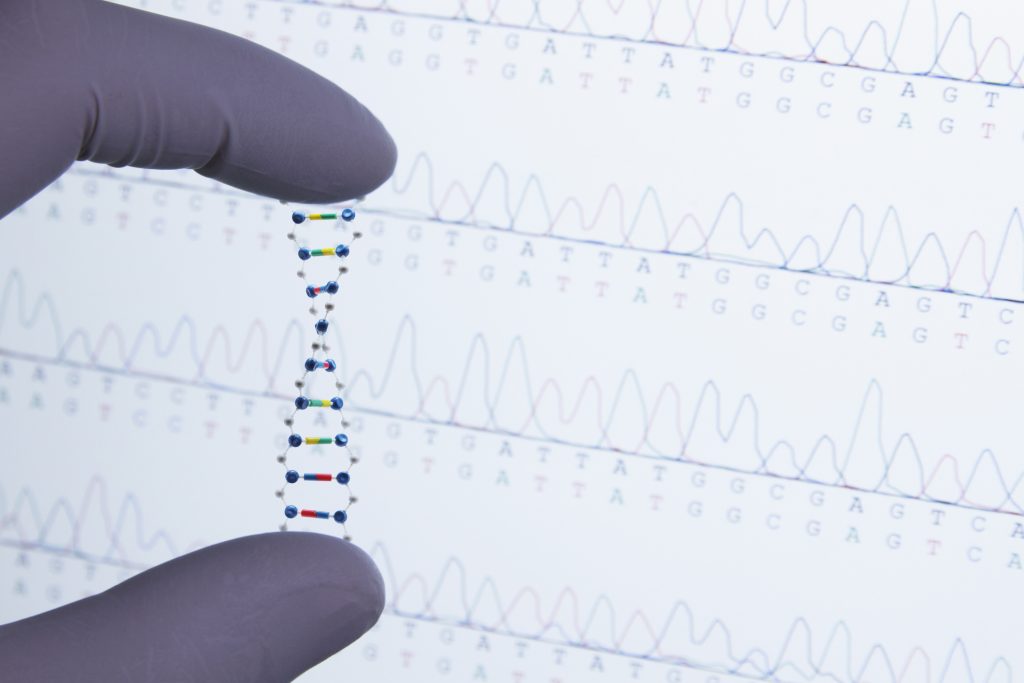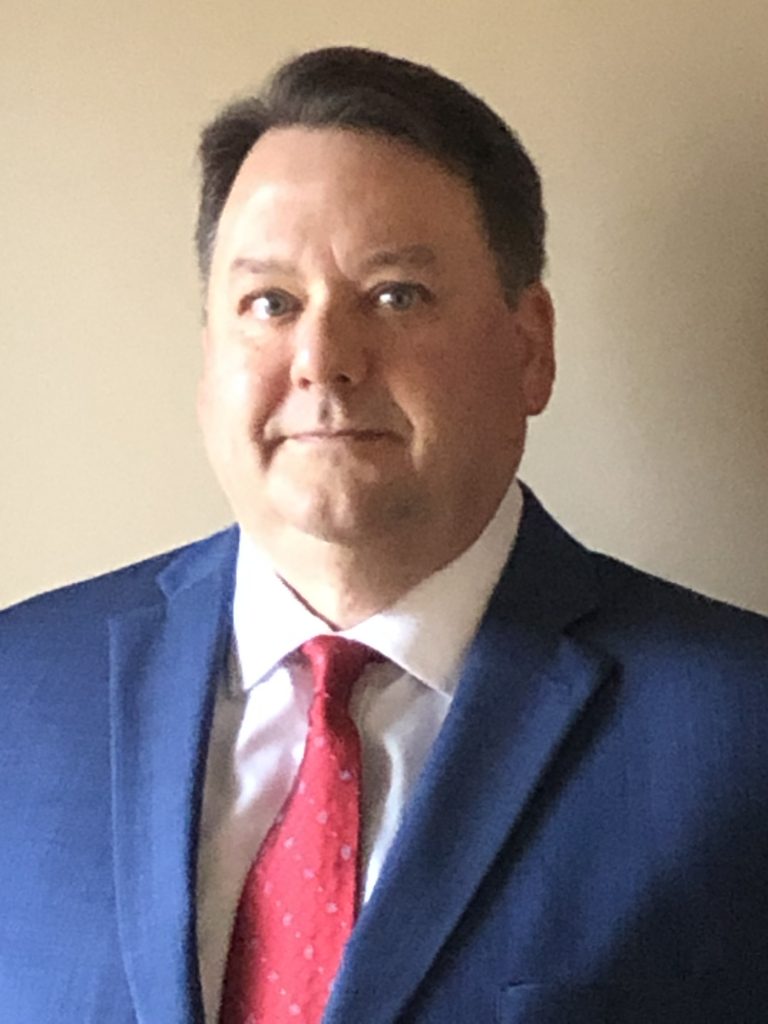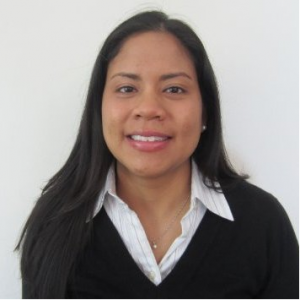
New molecular technologies are moving from government and academic research labs to more practical applications that can be used routinely by industry. For example, Next Generation Sequencing (NGS) has seen limited applications in industry as used for Whole Genome Sequencing. However, NGS can also be used for metagenomics (looking at the total microbiota in a complex sample) and is beginning to be used to understand difficult spoilage issues and to predict potential shelf life hurdles for new products.
Another example of new molecular technologies is the use of rapid strain tracking technologies to differentiate strains of environmental contaminants, such as Listeria or Salmonella. These new technologies can allow the dairy industry to more routinely identify strains that are embedded within a facility (persistent strains or house bugs) from those that are moving in and out (transient strains). While the microbiology of dairy products remains a complex issue, these new molecular tools can make problem solving faster and more effective.
Join IDFA and Merieux NutriSciences at 1:00 p.m. Eastern on Wednesday, August 12 to learn how Next Generation Sequencing can be used to solve problems in the dairy industry and how new technologies can rapidly differentiate strains of environmental pathogens or indicators to enhance environmental monitoring programs.
Presented By

Featuring

Tim Freier
VP of Microbiology & Scientific Affairs, Merieux NutriSciences

Sarita Raengpradub Wheeler
Director Microbiology R&D, Merieux NutriSciences
Moderated By

Joseph Scimeca
Former Senior Vice President, Regulatory & Scientific Affairs, IDFA

John Allan
Vice President, Regulatory Affairs and International Standards
Registration
Members: Free
Non-Members: $99.00
The webinar registration fee is based on membership. If you have any questions about membership, please email membership@idfa.org.
Questions: If you have questions or need assistance with the registration process, please contact IDFA at 202-737-4332 or registrar@idfa.org.
